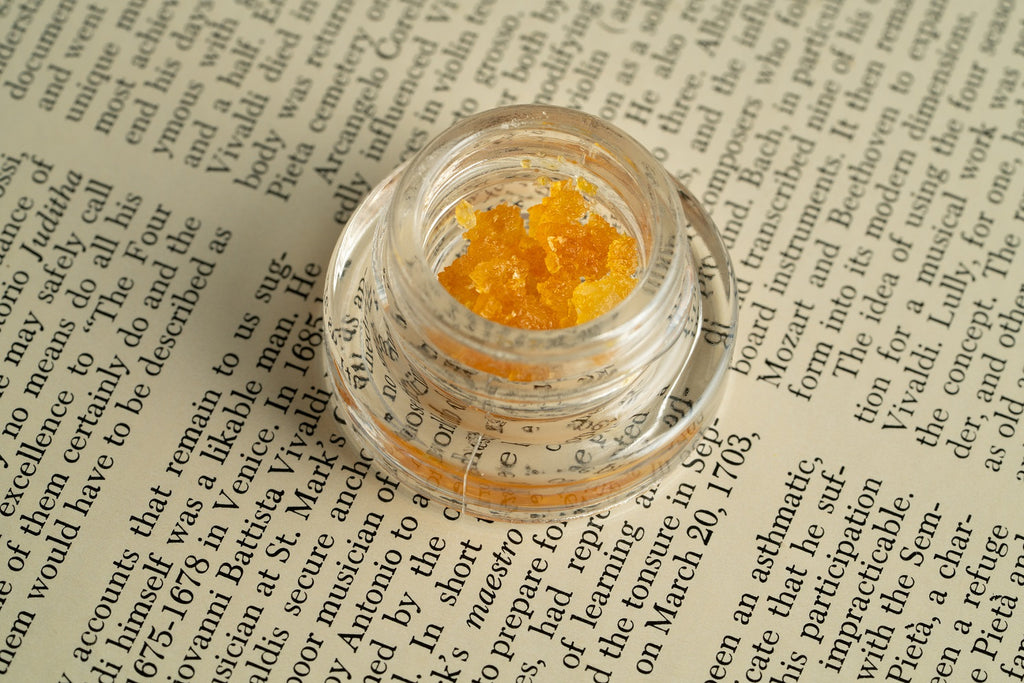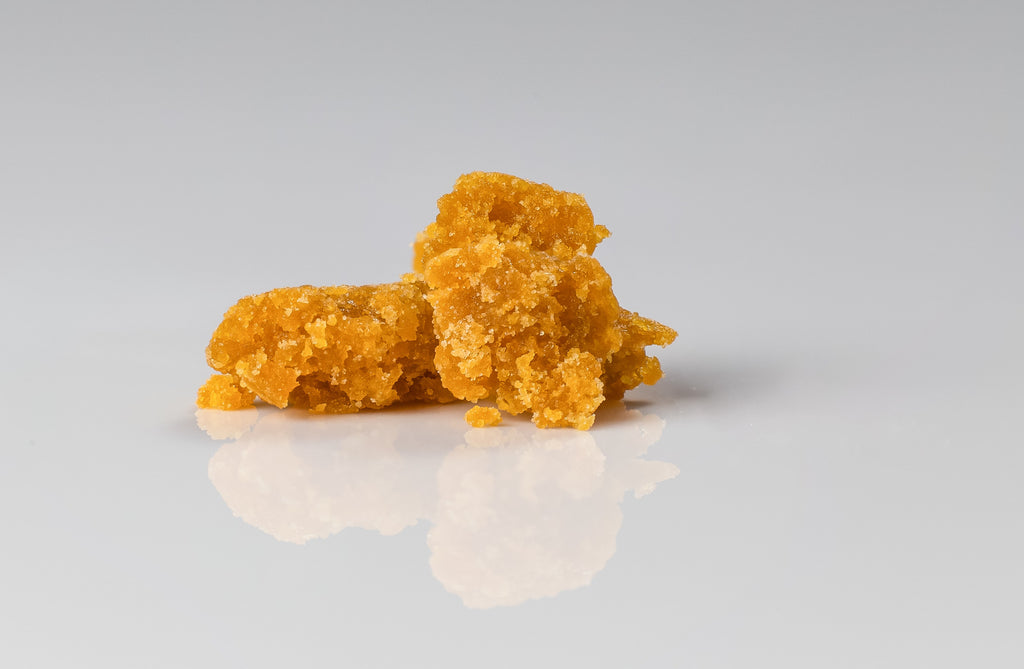Why does weed make you hungry?

A Famous Question is now Answered.
If you have just smoked some marijuana or had an edible, it usually won't be long before you start gorging on all the junk food within your sight line. Well, you're not alone. The increase in hunger, sometimes known as "the munchies," is one of the effects of marijuana that gets the most attention and discussion. The classic study "On Being Stoned" by Charles T. Tart in 1971 is where the name "munchies" originated. In this study, researchers examined 150 marijuana users and recorded their desires for sweets. Tart coined the term "munchies."
When you become high, what changes occur in your body, and how does it affect your appetite?
Why do I feel hungry?
Cannabidiol, often known as CBD, and tetrahydrocannabinol are the two compounds found in cannabis the most frequently (THC). The primary psychoactive component of cannabis is called THC, which is ultimately responsible for giving users the want to eat. Researchers think there might be two different explanations for why this is the case.
One, for medicine to have any effect, it must first locate the appropriate receptors in the body. According to Rachna Patel, MD, who counsels patients on medicinal CBD and cannabis usage, "the receptors that THC interacts with are found in our central nervous system, which is basically the brain and the areas of the brain that trigger hunger." Whether or not you are hungry at the time, THC will stimulate your appetite.
Two, you might be experiencing feelings of hunger due to the fact that marijuana may have an effect on a hormone known as ghrelin that is released from your stomach. This hormone sends a message to the brain indicating that the body is hungry, increasing the appetite.
According to Gary Wenk, Ph.D., a professor of psychology and neuroscience who also serves as the academic research representative for Ohio's Medical Marijuana Advisory Board, marijuana has the potential to cause the production of the hormone known as ghrelin.
How much food do you think I'll want to eat?
The quantity of marijuana you smoke and how you smoke it, affect how hungry you feel. When one smokes a joint, the amount of THC absorbed into the bloodstream is much larger. This, in turn, causes one to have more intense cravings than when one consumes an edible.

Because edibles need to be digested, whatever food is currently in your system will slow down the absorption of THC until it reaches the brain. This is because edibles include cannabidiol (CBD), a psychoactive component of marijuana.
According to Patel, the effects of inhalation may be felt within five to ten minutes, and the results of eating edibles might take up to two hours.
But there is a solution if you seek a technique to manage your want to eat, and that solution is to restrict the quantity of THC you take in. Many items sold in dispensaries approved by the state must have lab tests performed on them and be labeled with the amount of CBD and THC they contain.
Patel said that to find the optimal dose of THC for oneself; one must first determine their current tolerance level. "You want to strike a sweet spot in terms of the dosage so that it gives you the sensation you're seeking without giving you the munchies," says one expert.
Will the need to snack causes me to put on weight?
Wenk claims that even though several studies have shown that one does, in fact, experience an increase in appetite, one does not, in fact, gain weight.
"Receptors for marijuana are found on mitochondria, which are the cells in our bodies that are responsible for producing energy". According to Wenk, "it turns out that they contain THC receptors and that they are important in controlling your energy consumption." Even when you have cravings, it's possible that marijuana is affecting your body's capacity to burn calories. This is what we hypothesize is happening.
However, this only sometimes means that you have carte blanche to consume all of the fast food in the world.
What kind of food should I consume when I have the need to snack?
The experts agree that marijuana tends to increase the pleasurable qualities of the food you consume when it gives you the munchies. Sugars, salts, and fats abundant in calories are some of our brains' favorite foods.
In reaction to certain meals, our bodies produce dopamine at a higher rate than in response to any other stimulus. Because of this, if you have the cravings, your first instinct is to grab a bag of chips or a piece of pizza.
Consuming enough fruits, vegetables, and grains is ideal for optimal health.
However, in order to satiate those desires that are brought on by cannabis, you should consider opting for healthier choices that nonetheless include sweets or salts, such as granola cereals or baked chips, rather than fried ones.

When you're high, it could seem challenging to stop wherever your stomach takes you, but Wenk advises being proactive and laying out your snack selections in advance so that you don't pick the foods that are the worst for you when you're hungry. This will help you avoid making the worst choices.
What the research says about the munchies caused by marijuana
At long last, researchers have determined why smoking marijuana makes individuals feel the need to snack.
According to Tamas Horvath, a Yale University School of Medicine neurobiologist, "potheads" and physicians have known for a long time that smoking cannabis enhances hunger.
But how exactly can a medicine cause individuals to feel like they need to eat all the time?
It has yet to understand what motivates that behavior fully. Horvath revealed this information to The Washington Post and said, "We stumbled upon it by chance."
Horvath and his colleagues discovered that when you use cannabis, your brain is tricked into believing that you are hungry, even if you have just eaten. Their findings were reported in an article published this week in the Nature Neuroscience journal.
In a news release, Horvath said,
"We were astonished to discover that the neurons we believed were responsible for stopping eating were suddenly being engaged and boosting hunger, even when you are full. This finding came as a complete surprise to us." It deceives the central nervous system's feeding system of the brain.
Cannabinoids are lipids that are naturally produced by our brains. They have a role in the regulation of our appetite, mood, memory, and pain perception. Tetrahydrocannabinol, or THC, is a psychoactive compound generated by marijuana. It binds to cannabinoid receptors in the brain and imitates the chemicals these receptors typically receive.
Horvath discovered that exposure to THC causes a switch to be turned on in the hypothalamus of the mouse. Suddenly, neurons start communicating with the hypothalamus that you are hungry, rather than creating the hormone that tells the hypothalamus that you are full.
According to something that Horvath shared with NPR, "Even if you just had supper and you smoke the cannabis, all of a sudden these neurons that ordered you to stop eating became the drivers of hunger."
In prior research, the laboratory of Horvath discovered that cannabis also interacts with cannabinoid receptors in the olfactory bulb. This not only causes food to smell and taste more intensely, but it also alters the amount of food we consume.
According to Horvath, mice serve as an effective model; nevertheless, further study is required to discover whether or not this phenomenon also occurs in people.
Ginger Hultin, a registered dietitian and spokesman for the Academy of Nutrition and Dietetics, said that the propensity of cannabis to boost hunger is "quite well established" despite evidence pointing to a variety of plausible causes.
The endocannabinoid system is a complicated region of the brain that controls eating behavior and maintains energy balance. Research on cannabis has shown that THC has the ability to activate this region. According to Hultin, it "is hitting on certain basic portions of the brain," which are the parts of the brain that govern hunger and emotions.
"THC interacts with receptors in our brain that govern emotions, pain, and our sense of smell and taste," said Janice Newell Bissex, a certified dietician. "THC also interacts with receptors in our brain that control appetite." "It may also encourage the production of the hormone ghrelin, which is responsible for stimulating appetite."
Studies related to Marijuana and Hunger
The scientific processes involved are somewhat involved. According to the findings of an experiment conducted on animals, THC seems to increase our sensitivity to smell by attaching to receptors in the olfactory bulb of the brain. This would make the odors that emanate from food more intense and drive us to consume more food.
According to other studies' findings, marijuana activates neurons that would typically shut down while eating, resulting in increased food consumption. "The neurons that normally govern our level of fullness may be hijacked when we ingest marijuana," said Wenk. "This can make us feel hungrier than we really are."
According to Bissex, THC also causes an increase in dopamine release, making eating a more pleasurable experience.
According to Hultin's explanation, in addition to making food more pleasurable to eat, the brain chemical dopamine, which serves to govern the reward and pleasure regions of the brain, may make people feel less inhibited.
"Lowering inhibitions is a significant difficulty with both marijuana and alcohol," she added. "It's a double-edged sword." People are aware of the meals that are good for them to consume, but all of a sudden, their inhibitions have dropped, and they are consuming things that are not healthy for them.



